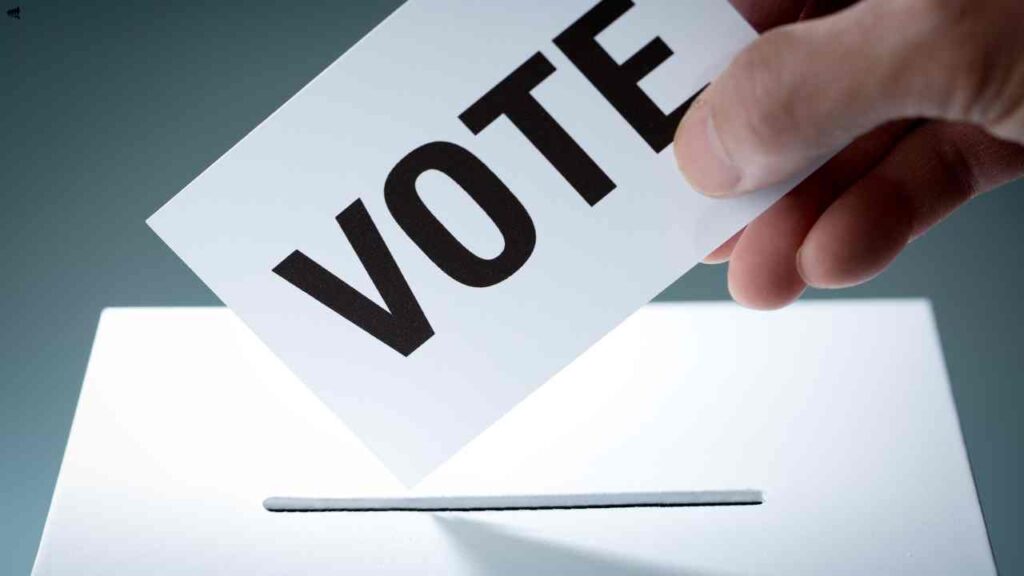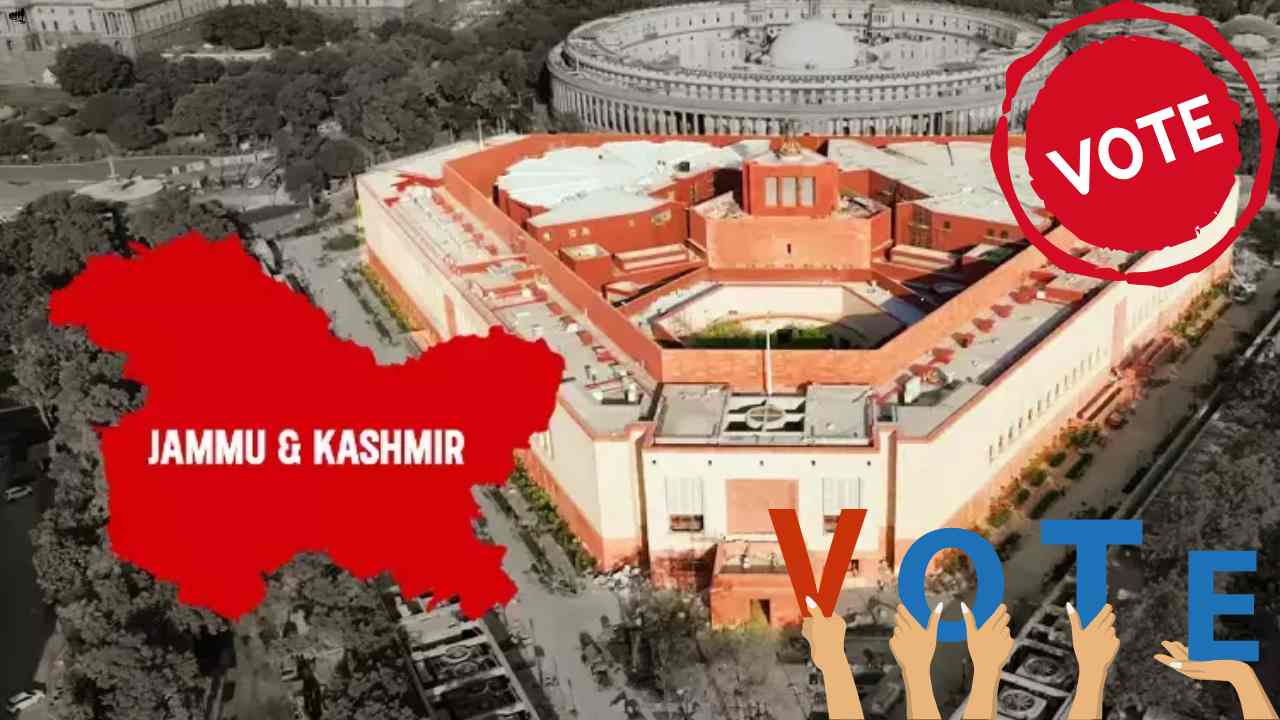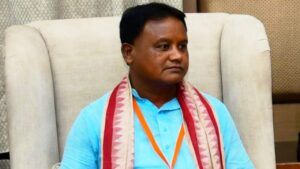Jammu and Kashmir’s Pivotal Assembly Election: A Multi-Cornered Contest After a Decade
As Jammu and Kashmir (J&K) gears up for its first assembly elections in over a decade, the political landscape is set to witness a dynamic and complex contest. Scheduled to begin on September 18, 2024, this election marks a significant milestone in the region's political history, especially after the abrogation of Article 370 in 2019 and the bifurcation of the state into two Union Territories—J&K and Ladakh. This will be the first assembly election in J&K since its reorganization, making it a crucial event not just for the region but for Indian politics at large.
A New Political Environment

The upcoming elections are taking place under a new political and administrative framework. The redrawing of electoral boundaries, known as delimitation, has resulted in the creation of new constituencies, thus altering the political equations significantly. The Delimitation Commission's final report, which added six more seats to the Jammu region and one to Kashmir, has been both a point of contention and a game-changer, potentially benefiting different political parties in varied ways. The BJP, which has been working to strengthen its presence in the region, may find the new boundaries favorable
The Key Players
The political scenario in J&K is highly fragmented, with several parties vying for dominance. The Bharatiya Janata Party (BJP), which has been pushing its agenda of development and national integration, faces stiff competition from regional heavyweights like the National Conference (NC), the People's Democratic Party (PDP), and the Indian National Congress. Additionally, newer parties like the Jammu and Kashmir Apni Party (JKAP) and the Jammu and Kashmir People's Movement (JKPM) are also in the fray, aiming to carve out their space in this complex political milieu.

One of the interesting developments is the participation of parties like Nitish Kumar's Janata Dal (United), which has announced plans to contest 40 seats. This reflects the broader interest in J&K's political future from national and regional parties beyond the state
Challenges and Issues
The election is set against the backdrop of significant challenges. Security remains a primary concern, given the region's history of militancy and political unrest. The central government has assured that adequate measures will be taken to ensure a peaceful election process, but concerns persist, particularly in the Kashmir Valley, where voter turnout is often low due to calls for boycotts by separatist groups.

Another critical issue is the region's economic situation. J&K has faced economic hardships exacerbated by the pandemic, and the elections are likely to see heated debates on economic development, employment, and infrastructure. The BJP is expected to campaign heavily on its development agenda, highlighting its efforts to bring investment and infrastructure projects to the region. On the other hand, regional parties are likely to focus on issues of autonomy, restoration of statehood, and the protection of local rights, which resonate strongly with a significant portion of the electorate.
The Electoral Battle
The electoral battle is expected to be fierce and multi-cornered, with no single party likely to gain a clear majority. This opens up the possibility of post-election alliances and coalitions, which could lead to a fragmented assembly and a potentially unstable government. The NC and PDP, traditional rivals, may explore alliances with other parties to counter the BJP's influence, while the latter will aim to make inroads into regions where it has traditionally been weaker, particularly in the Kashmir Valley.
The delimitation process has added another layer of complexity to the electoral battle. The new constituencies may see fresh political alignments, with candidates focusing on hyper-local issues to secure their seats. The role of independent candidates could also be significant, especially in constituencies where the major parties are closely matched.
ALSO READ: Bengaluru Kempegowda International Airport Achieves Historic Milestone
Conclusion
The 2024 assembly elections in Jammu and Kashmir are poised to be one of the most critical and closely watched electoral contests in recent Indian history. With the new political landscape, the redefined constituencies, and the myriad challenges facing the region, the outcome of this election will have far-reaching implications not only for J&K but for the broader national political scenario. As the various political players gear up for what promises to be a contentious and high-stakes election, the eyes of the nation will be firmly fixed on this strategically and symbolically important region.
The results, expected to emerge in late October, will likely set the tone for future political developments in J&K, shaping its governance and its relationship with the central government for years to come. As the region stands at this crossroads, the upcoming election will be a crucial determinant of its political and economic trajectory.














1 comment